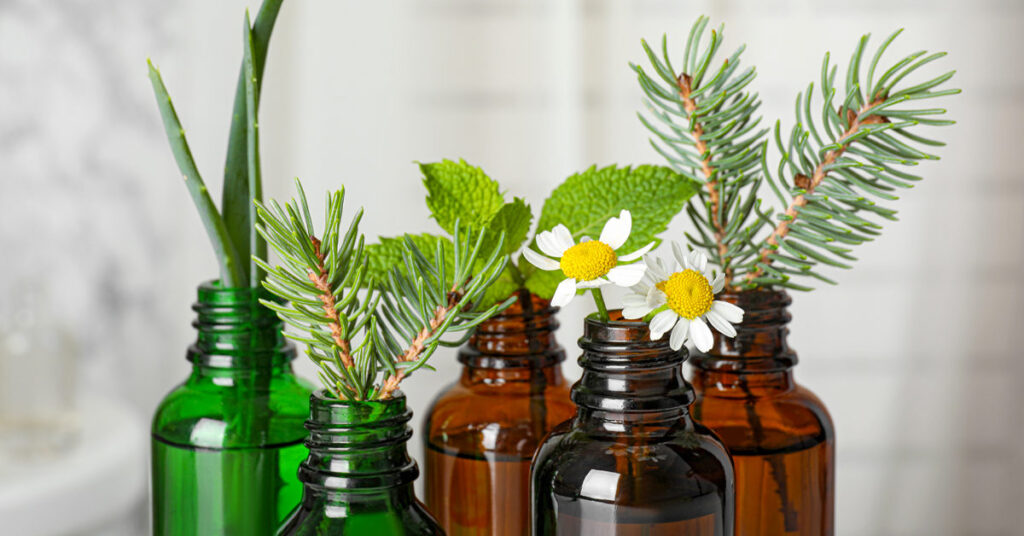
Essential oils seem to be everywhere. You can find them online and in grocery stores. In the beginning, it is important to understand how essential oils work and where to start using aromatherapy in your day-to-day life.
How Does Aromatherapy Work?
Aromatherapy has been around for hundreds of years in various forms. Aromatherapy, also known as essential oils therapy in layman’s language for complementary treatment that uses essential oils as well plant compounds. These oils are not intended to replace medical treatments that your physician suggests.
Essential Oils Safety
Young Living founded by D.Gary Young is extremely dedicated to essential oil safety. Every essential oil is unique in its chemical composition, depending on the source of the oil, the geographic location, and the distillation process. Some essential oils ought not to be used without caution. This particular oil category should only be used by certified aromatherapists or wellness practitioners.
Do Essential Oils Need to Be Diluted For Topical Use?
The quick answer to your question is “Yes.” Essential oils should only be used topically, and not directly on the skin. All essential oil must be diluted with a base oil. They can be used directly on the skin but should not be applied topically. Some are vegetable oils such as Coconut Oil and Avocado Oil, while others are made from seeds or nuts. Cold pressing is a common process to make them. Carrier oils can have different aromas. Some are more fragrant than others. They can also vary in shade, viscosity, and penetration speed.
Jojoba Oil is the most widely used Carrier Oil for general essential oils dilution. You can offer it both in its regular and clear organic forms. It is great to keep on hand for your essential oils, as they can be used to dilute them. You can add a few drops to one ounce of Carrier Oil. The maximum concentration is 2.5%, which is safe for grownups. It is important to test all essential oils, as well as carrier oils, before applying them to the skin. It is best to avoid using oils that cause an allergic reaction within 24 to 48 hours.
Can Essential Oils Be Digested?
Essential oils should not be swallowed as they can cause liver damage, kidney disease, and even severe skin reactions. Essential oils can be aromatic and appealing to the senses of smell but not for taste. Some companies promote the benefits of essential oils by saying that these oils can be ingested, which is quite wrong. This is dangerous advice, and many people have reported severe side effects.
Can Essential Oils Be Used For Inhalation?
Inhaling essential oils can be done by either adding essential oils to a steam bath or simply by taking a few inhalations from a safe distance away from the bottle. Essential oils can be inhaled to produce a pleasant aroma. Mostly, they have been shown to improve mood and respiratory health. Essential oils can stimulate the olfactory pathway, which is the brain’s part that connects to smell. The molecules travel to the brain and affect the limbic system. This system is responsible for our emotions and nervous system. When used correctly, it can have subtle and holistic effects on the body. There’s a wide variety of Young Living essential oils founded by D. Gary Young that you can use for inhaling.
Which Essential Oils should I choose as a Beginner?
- Lavender Essential Oil
- Peppermint Essential Oil
- Lemon Essential Oil
- Tea Tree Essential oil
- Sweet Orange Essential Oil
Conclusion
Incorporating Essential Oil in your daily life could be a great step towards your well being. The only thing to keep in mind is that you are aware of what to do and what not to.
Leave a Reply